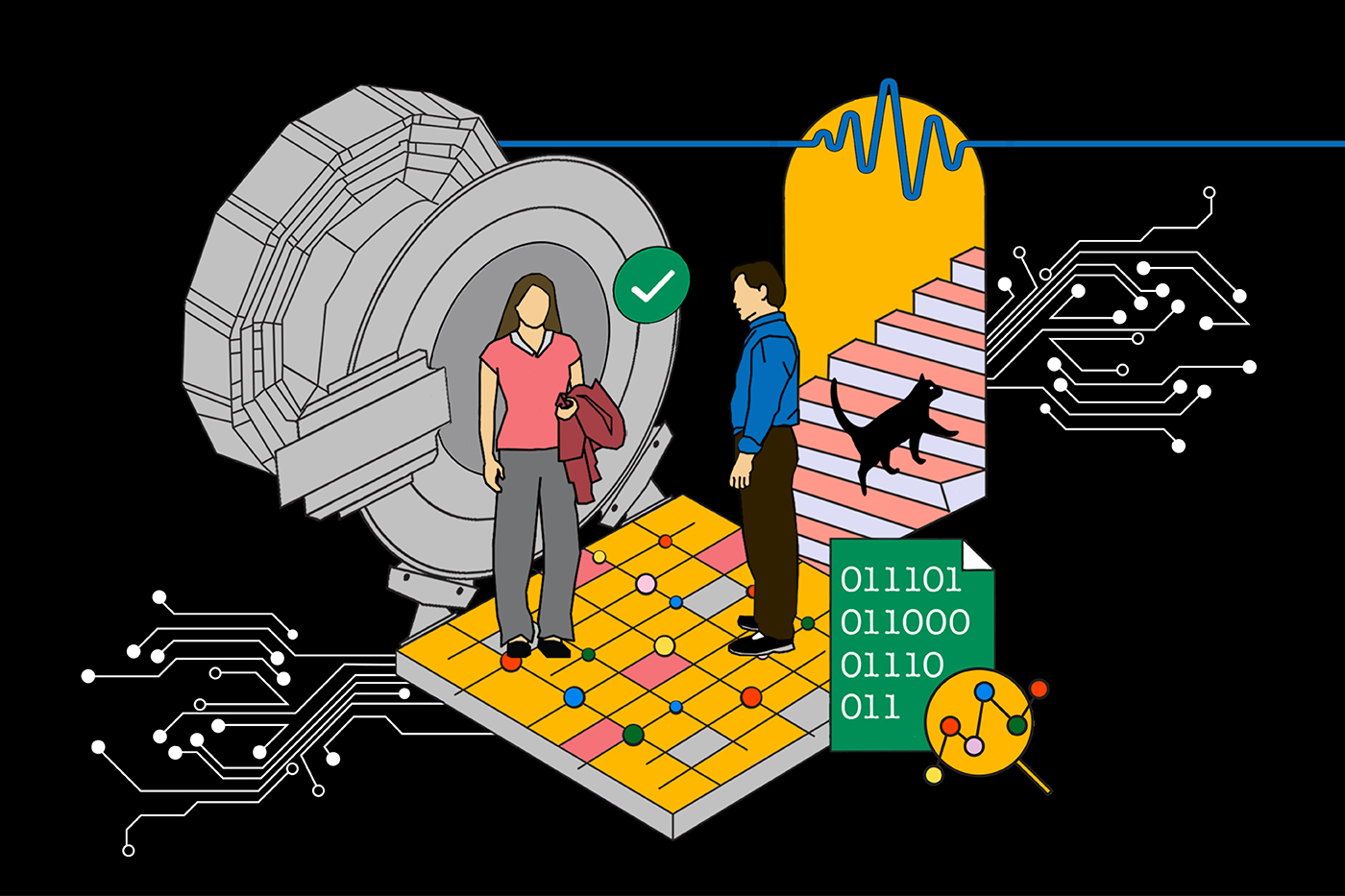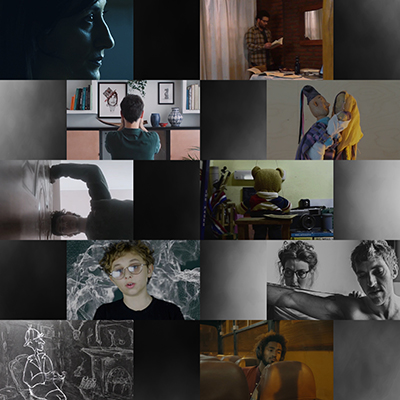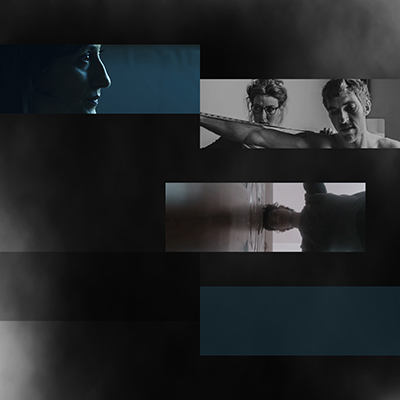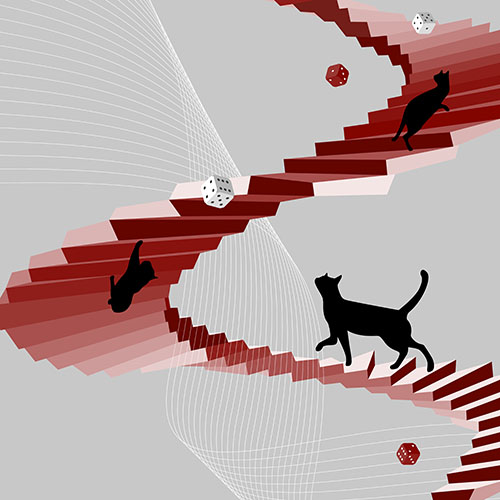Highlights
Quantum Shorts competition shortlist provides much to think about

The international Quantum Shorts flash fiction competition, organised by CQT with media partners and scientific partners, has its ten finalists!
Quantum Shorts opened in October 2021 with a call for writers to think deeply about the many possibilities of quantum mechanics. Writers responded by submitting just over 400 stories with intriguing worlds, plots and characters. Each writer used not more than 1000 words. As an added challenge, they had to also include the constraint phrase, “it’s a lot to think about”, in their quantum-inspired stories.
The shortlisting judges, including CQT’s Jenny Hogan, judged the stories based on their storytelling, creative use of the constraint phrase, and connections to quantum physics. “CQT has been running Quantum Shorts for ten years, and the entries continue to delight and surprise us. I recommend reading the interviews with the shortlisted authors as well as their stories to see how their quantum inspiration took hold,” said Jenny.
Shortlisting judge Floor van Riggelen at QuTech said, “I have encountered so many amazingly creative ideas in the stories. It is refreshing to think about quantum mechanical phenomena in new ways.”
The shortlisted stories took inspiration from various themes in quantum physics, including quantum computing, the many-worlds interpretation and the observer effect, to spin tales about demons, coronaviruses, cats, and terrifying quantum games. Some characters grapple with emotions such as loneliness and desperation, while others face life-changing decisions.
Some stories tug at the reader’s heartstrings. Author Michael Brooks said, “I was impressed with the way some of these stories immersed me in the characters’ emotions and dilemmas – the science really brought their humanity to the fore.” Librarian Mindy Tan said, “The stories that touched me emotionally, despite my lack of background in quantum physics, really pulled me in.”
For their efforts, authors of the shortlisted stories have won a USD 100 shortlist award and a one-year digital subscription to Scientific American. They could also win even more prizes as the judging panel, including CQT Director José Ignacio Latorre, decide the First Prize and Runner Up. There is also an online public vote to decide the People’s Choice Prize, which is open from now till 21 March. We invite you to read the stories, hear from the authors, and vote for your favourite at shorts.quantumlah.org.
For supporting the competition, we thank our media partners, Scientific American and Nature, and scientific partners, the ARC Centre of Excellence for Engineered Quantum Systems; the Dodd-Walls Centre for Photonic and Quantum Technologies; the Institute for Quantum Computing (IQC); the Institute for Quantum Information and Matter (IQIM); QuTech; and the UK National Quantum Technologies Programme. We also thank all writers who shared their stories with us and wish the shortlisted authors all the best in the final judging.









